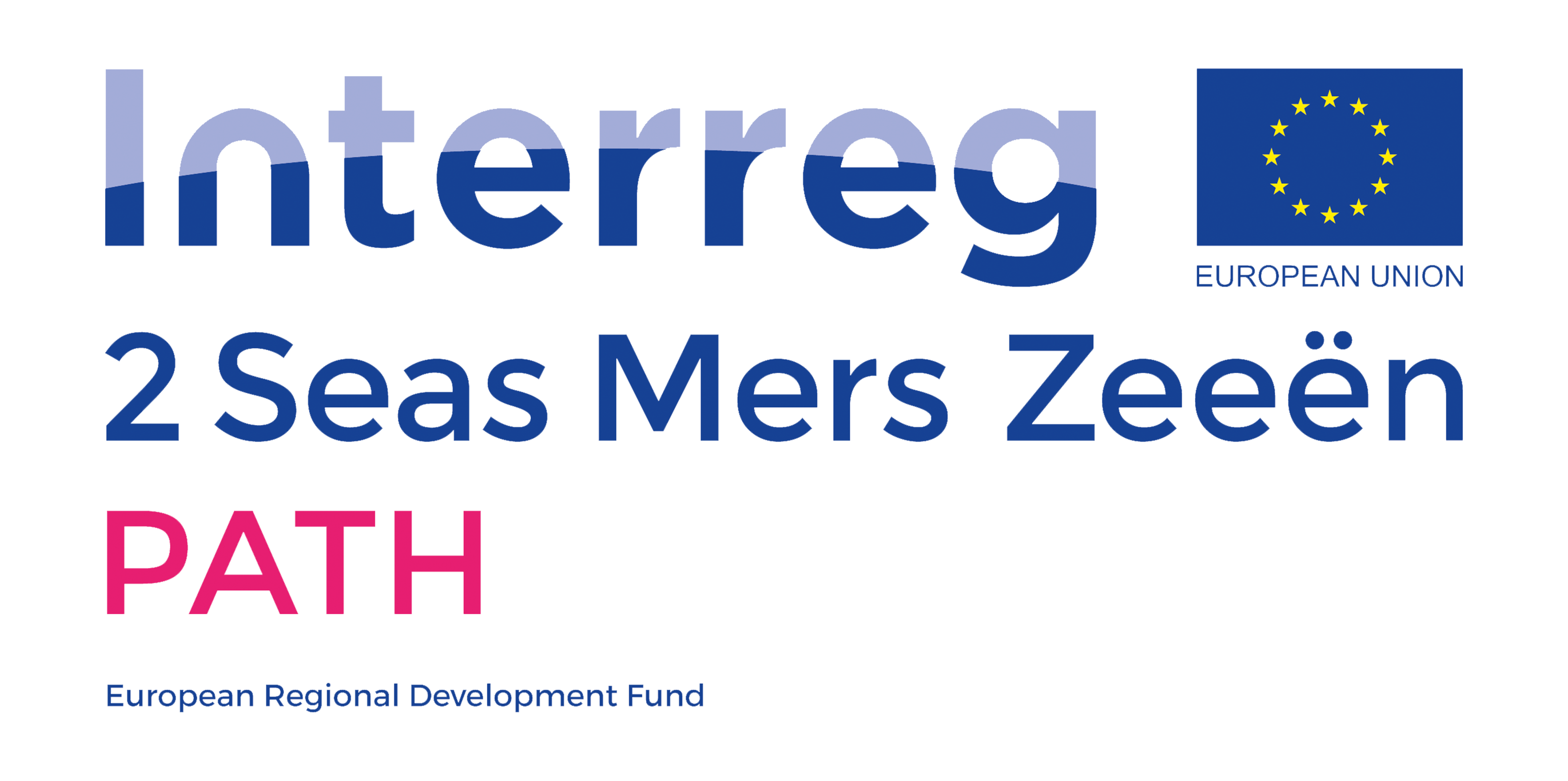
© 2021 Copyright: Bournemouth University
If you are naturally anxious and have a baby, you may find your symptoms develop into obsessive compulsive disorder (OCD).
Some of you may find yourself turn into a ‘cleaning machine’, worrying that the slightest ‘bug’ may get through and cause you or baby or a loved one to become really unwell.
Particularly with the arrival of COVID-19, you may find that you are cleaning late into the night when you should be resting and enjoying your baby.
You may find that it sneaks up in other ways, but any type of repetitive behaviour which is outside of normal for you is something to speak to your maternity team about (GP, health visitor or midwife).
You may find yourself having thoughts that go round and round in your head and keep you up at night worrying. They may come out of ‘nowhere’ but are probably driven by something which may have happened in the past that has left a lasting imprint on your subconscious.
There are sometimes other things that happen with these pesky thoughts (intrusive thoughts). Some mums have the most dreadfully distressing thoughts that they may hurt their baby.
These thoughts often lead to fear and an inability to look after your baby because you may deliberately hand your baby to others to make sure your baby is safe ‘from you’.
These types of thoughts happen more often than you might believe so don’t suffer in silence.
If you are the ‘cleaning machine’ person or the ‘thoughts’ person, it’s really important that you let your maternity team (health visitor, midwife or GP) know what’s going on.
They can try and help manage those behaviours and you can get on with being with your baby and building your bond with them.
Perinatal OCD links: